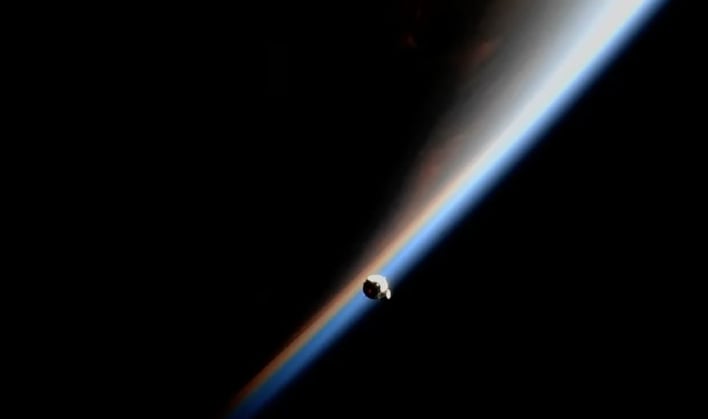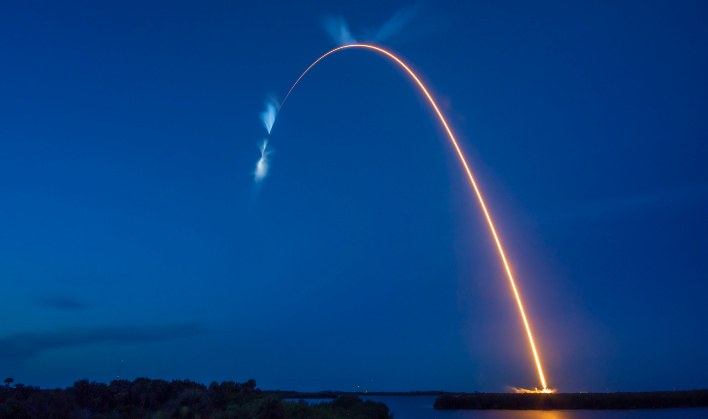SpaceX Dragon Resupply Ship Docks With ISS To Deliver Science Benefitting Human Race

Just before 9 a.m. EST on July 14, 2022, SpaceX launched its Dragon cargo spacecraft from Kennedy Space Center in Florida, headed toward the International Space Station (ISS) (see image below). Two days later, the spacecraft autonomously docked to the forward-facing port of the space station's Harmony module. Aboard the spacecraft were new science experiments for the astronauts aboard ISS.

One of the experiments that arrived, deals with how aging is associated with changes in the immune response known as immunosenescence. As astronauts spend long periods of time in microgravity, it causes changes in their immune cells that resemble this condition, but happen faster than the actual process of aging on Earth. The investigation, sponsored by the International Space Station U.S. National Laboratory, will attempt to use tissue chips in order to study how microgravity affects immune function during flight and whether those immune cells recover post-flight. The tissue chips being utilized are small devices that contain human cells in a 3D structure, allowing scientists to test how the cells respond to things such as stress, drugs, and genetic changes.
Another study that arrived deals with how microgravity affects metabolic interactions in communities of soil microbes. Soil on Earth has complex communities of microorganisms that carry out important functions in the soil. These functions include cycling of carbon and other nutrients, along with supporting plant growth. This particular study will look at microbe communities that decompose chitin, a natural carbon polymer on Earth.
Other studies that arrived aboard ISS include a high school student weather study called BeaverCube, a study into cell-free technology, and another looking at how microgravity affects the process of creating a concrete alternative made with an organic material and on-site materials.
Top Image Credit: NASA/SpaceX

